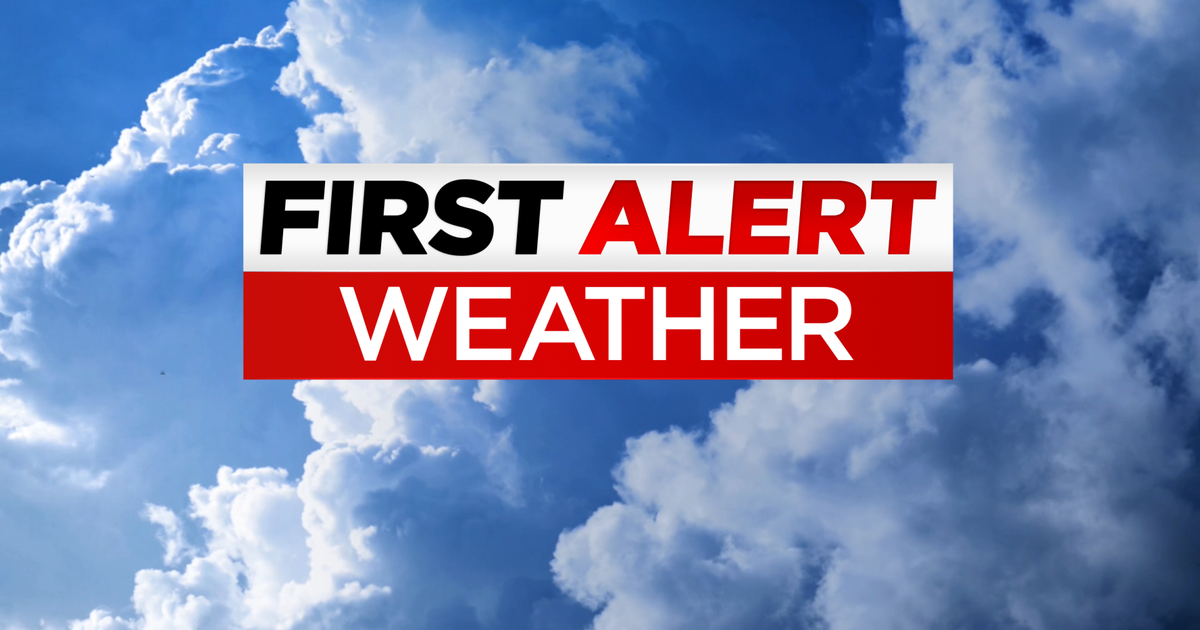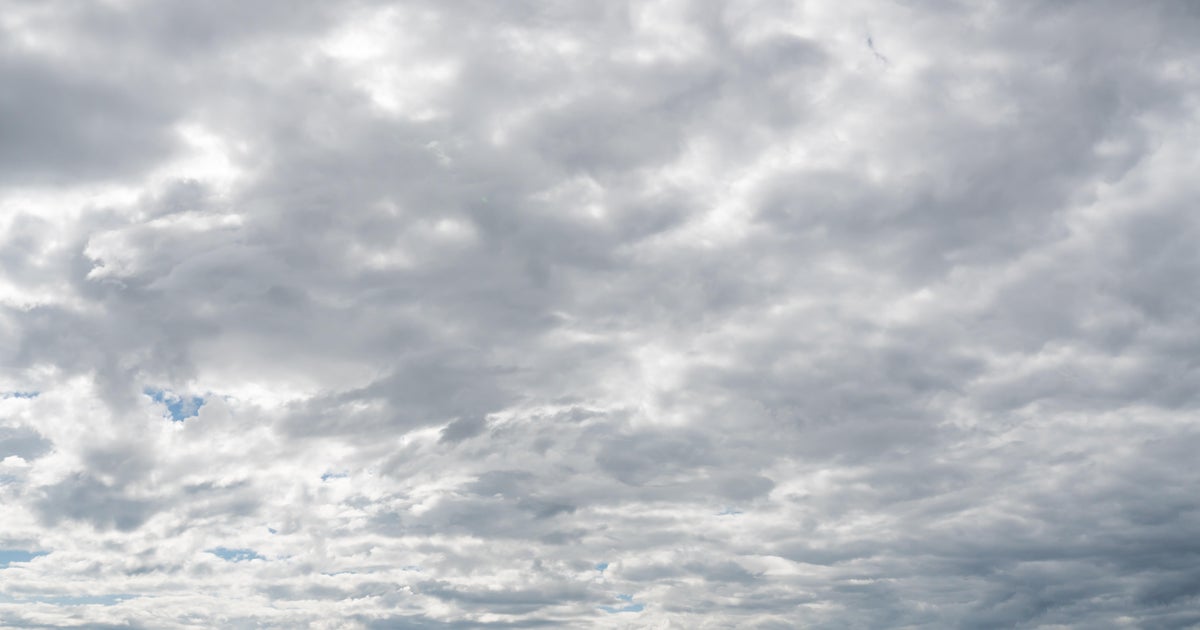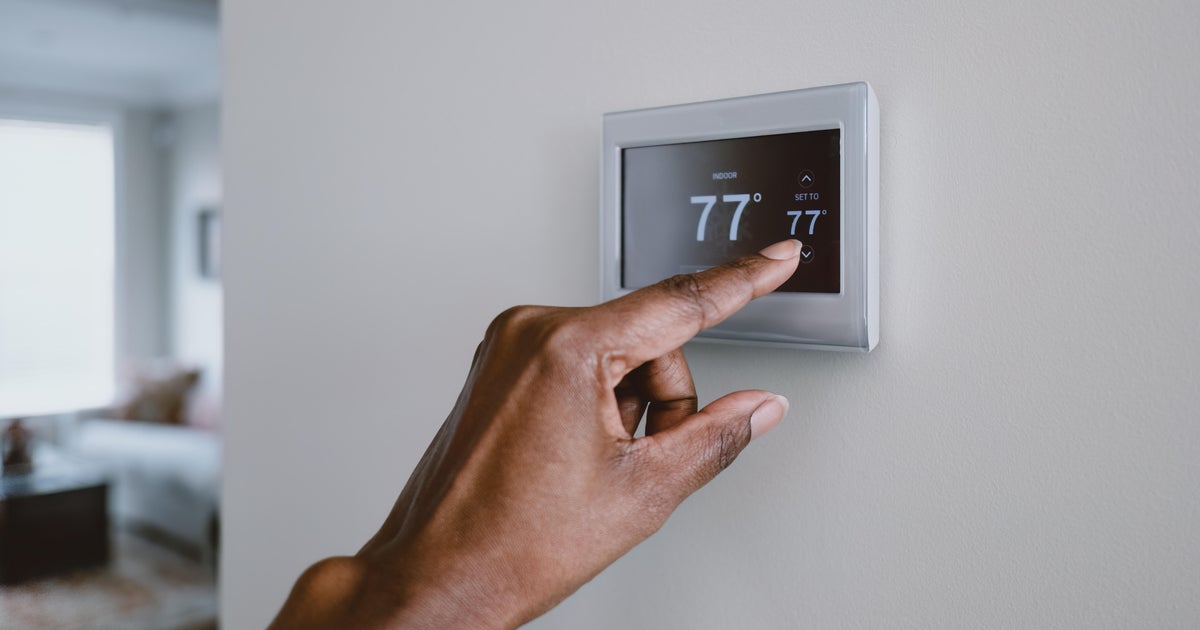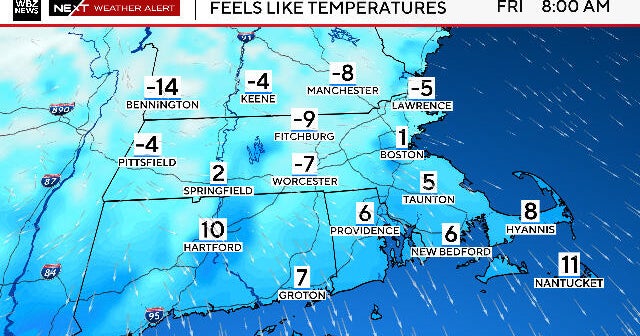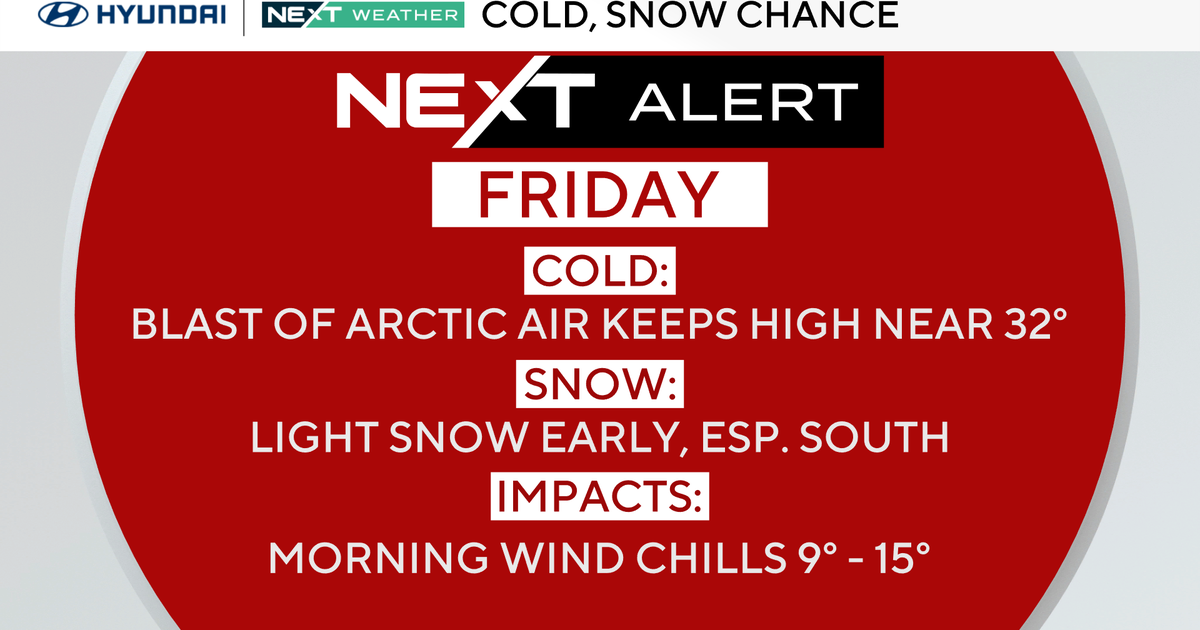First Alert Weather: Cold weather preparedness tips
NEW YORK -- Winter officially started Wednesday afternoon.
The season known for slamming the Tri-State Area with snow and extreme cold plans to make its presence well known late Friday as arctic air plunges into the region, with a flash freeze likely to follow.
From warm, wet and windy to what happened? Temperatures will crumble Friday by more than 40 degrees. Wind chills will land in the single digits and lower. The time is now to mentally and physically prepare yourself and your home.
Chris Petri with Petri Plumbing says following a cold snap, emergency calls spike by 40% because of burst pipes. So how do you avoid that?
"Make sure your heating system is actually functioning," Petri said.
First, he says crank the thermostat all the way up.
"Come to one of your radiators or baseboards, and make sure it's hot to the touch," Petri said.
A room not working may mean additional problems.
"Besides grandma being cold, the number one problem you are going to have is a frozen pipe," Petri said.
So what's the simplest solution?
"Airflow. Make sure the room is open to the other rooms that are heated," Petri said.
Going out of town? Leave the heat on. And, if the heat goes out, call a plumber and turn the faucet on to a slow drip, which helps prevent frozen pipes.
"We want people to stay warm and stay warm safely," said Christina Farrell, first deputy commissioner of New York City's Office of Emergency Management.
Farrell understands many may want or need to boost warmth inside their homes. She says portable heaters can do the trick, but offers a caution.
"Make sure they are safe, they don't have any frayed chords," Farrell said. "Don't leave portable heaters on while you sleep."
Make sure the heater is plugged directly in to the outlet and three feet away from bedding and curtains.
"You should never use your oven to heat your apartment," Farell said, adding a malfunction could lead to fire, or carbon monoxide poisoning.
She says the simplest and safest way to get warm is to layer up inside your home and outside.
Dr. Jose DesChamps with Palisades Medical Center suggests don't go out unless absolutely necessary. If you do venture out, pay attention to your extremities.
"What happens in the extreme cold is that your blood vessels constrict and they pool all the blood toward your vital organs," DesChamps said. "That's why your fingertips, toes go numb first. Cover them to avoid frostbite."
Hitting the road, be sure you keep the gas tank full and a GoKit in the trunk. Your kit should include cold weather essentials as black ice becomes a real possibility Friday night:
- A Blanket
- Extra Clothes
- Antifreeze
- Shovel
- Scraper
- And kitty litter, an inexpensive way to get traction in snow and on ice
DesChamps asks that we all act as good neighbors when the arctic air settles in. He is urging people to check on elderly neighbors and treat your pets more like humans.
The Red Cross also has additional winter storm tips, which you can find by CLICKING HERE.

